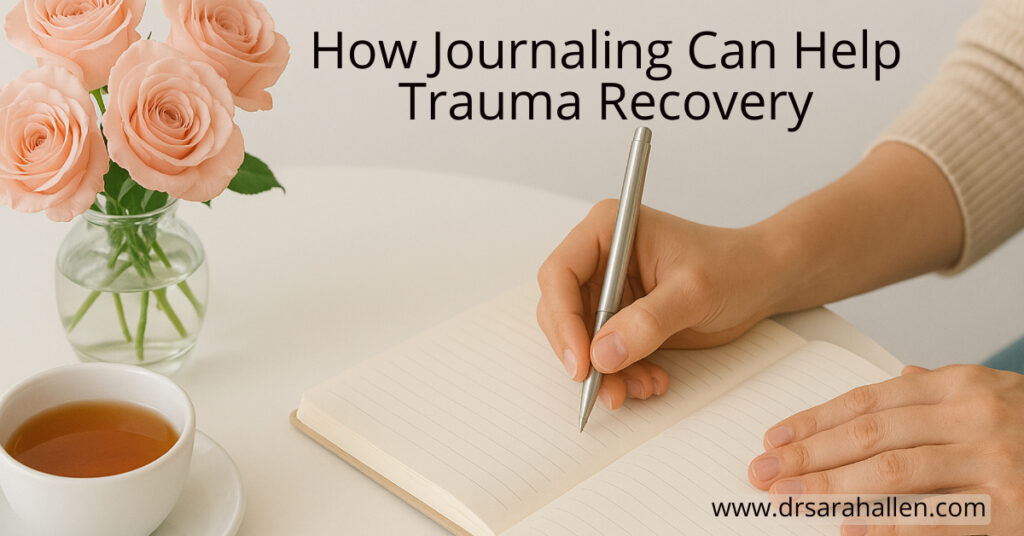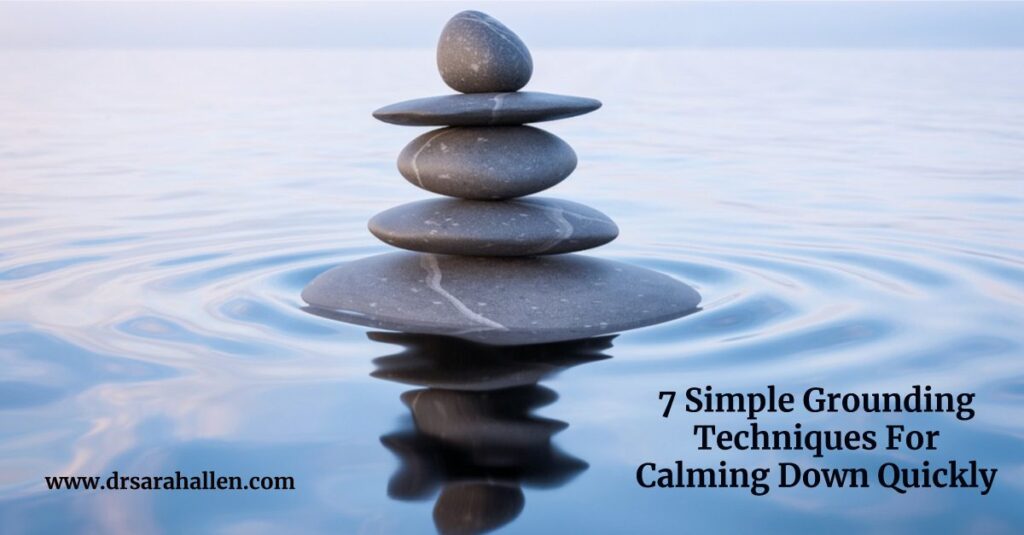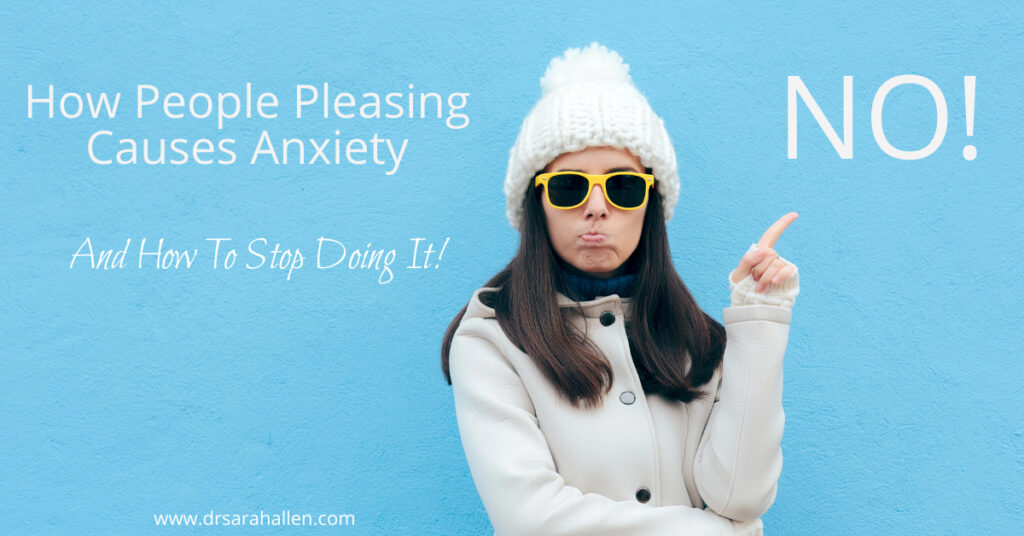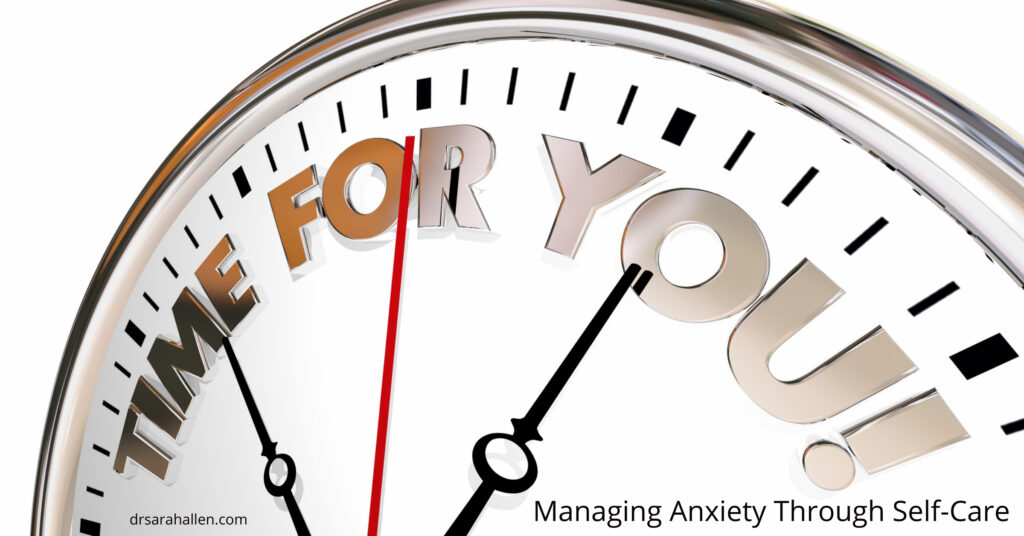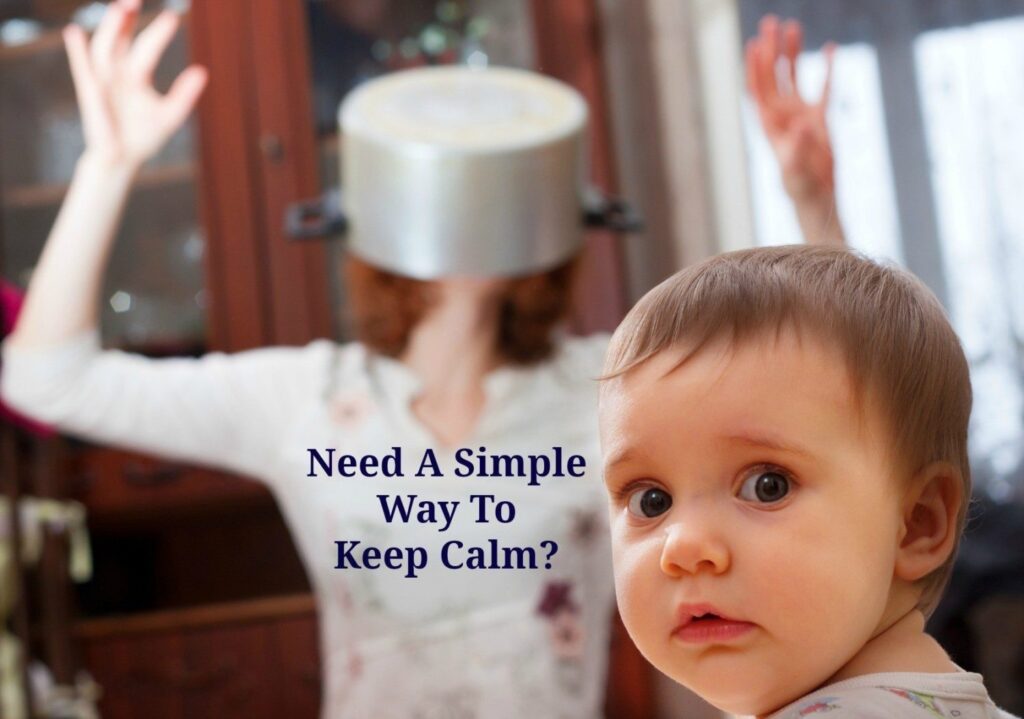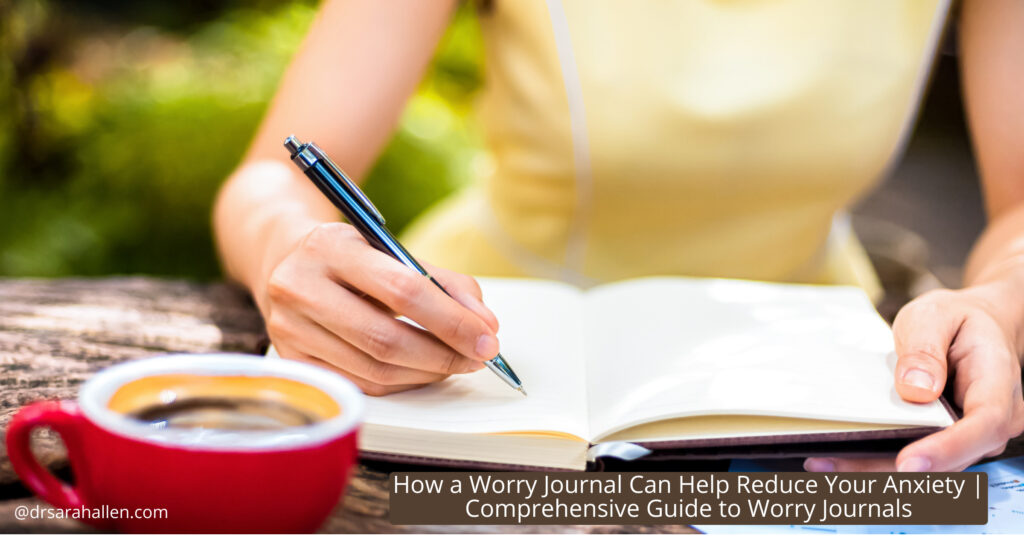
Are you constantly worried about things or maybe feel that your anxious thoughts are overwhelming? If so, you’re not alone. Many people feel worried and anxious from time to time but sometimes worries feel like they don’t stop, negatively impacting everyday life. Fortunately, there are strategies available to help you cope with anxiety and worry. I have written many blog posts about worry and anxiety and today I am writing a more in depth post focusing on one helpful technique called the worry journal. This blog post will explore this incredibly effective practice – the worry journal – to help you understand what it is, how it works, and different ways to maintain one.
A worry journal, also referred to as an anxiety journal, is a personal record of your thoughts, feelings, and experiences related to your worries and anxiety. It serves as a safe and private space where you can pour out your anxious thoughts, aiming to regain control over them. Worry journals are beneficial for a number of reasons; they not only allow for self-expression and self-connection, but also improve self-awareness, provide a sense of relief by releasing pent-up emotions, and encourage critical thinking about concerns to resolve them effectively.
Researchers and mental health professionals have long acknowledged the therapeutic benefits of journaling for reducing anxiety and stress. The practice of recording thoughts and emotions, and reflecting upon them, can lead to a better understanding of the cause and triggers of your worries. This, in turn, can help you develop more effective coping strategies and, ultimately, reduce your overall anxiety levels.
Throughout this blog post, I will analyze how a worry journal works by focusing on the process of restructuring negative thoughts and developing a problem-solving mindset. Additionally, I will discuss various ways of maintaining a worry journal; whether you’re a fan of traditional handwritten diaries or searching for digital alternatives, I will describe solutions catering to everyone’s preferences.
By understanding the concept of a worry journal and implementing the practice into your daily routine, you can start reducing worry and anxious thoughts.
How a Worry Journal Works: The Science Behind the Process
Numerous studies have shown that journaling can lead to significant improvements in mental health, particularly when it comes to combating anxiety and worry. The practice of writing about worrisome thoughts and experiences helps your brain process and understand them better, leading to increased self-awareness and emotional regulation. Journaling also facilitates cognitive restructuring, which involves identifying irrational thoughts or beliefs and replacing them with healthier, realistic perspectives in order to reduce anxiety. You can read more about Cognitive Therapy and Cognitive Restructuring in my post What Is CBT? A Simple Guide to Understanding Cognitive Behavioral Therapy.
Another key benefit of keeping a worry journal is that it can encourage a problem-solving mindset. Recording and reflecting on your concerns can help you identify patterns and triggers, ultimately allowing you to create actionable steps to address the sources of your worries. Moreover, putting thoughts onto paper or a digital platform can provide a sense of relief, as it allows you to unburden your mind and gain a clearer understanding of your emotions.
Different Types of Worry Journals: Finding the Right Fit for You
There is no one-size-fits-all approach when it comes to selecting a worry journal, as it largely depends on an individual’s preferences and needs. Here are some popular options to explore:
- Traditional Handwritten Journals: For some, the act of physically writing down their thoughts and feelings is therapeutic in itself. A basic notebook and pen can serve as an effective worry journal if you enjoy the tactile experience and don’t require digital features.
- Gratitude Journals: A gratitude-focused worry journal emphasizes writing about positive aspects of your life alongside your worries. This approach can help you maintain a balanced perspective, increase happiness, and reduce anxiety by focusing on the things you are grateful for.
- Bullet Journals: A bullet journal offers a visually appealing and structured way to track your worries, as well as other aspects of your life, by utilizing symbols, short phrases, and various layouts. This method can appeal to individuals who enjoy organization and creativity in their journaling practice.
- Digital Worry Journals: If you prefer a technology-driven approach, numerous apps and online platforms, such as Daylio or Penzu, offer digital journaling capabilities. This option allows for easy access, storage, and organization of your entries.
Practical Tips for Starting and Maintaining a Worry Journal
To make the most of your worry journal, it’s crucial to develop a consistent practice and maximize its benefits. Consider the following tips to optimize your journaling experience:
- Set aside dedicated journaling time: Carve out a specific time each day for journaling, ideally during a period when you can focus and reflect without distractions. Consistency is key – the more you commit to the practice, the greater its impact on reducing worry.
- Practice non-judgmental self-reflection: Be kind to yourself and try not to judge the content of your entries. Approaching your journal with an open mind will enable you to gain valuable insights into your thought processes and emotions.
- Experiment with journaling prompts: If you’re struggling to get started, consider using journaling prompts, such as “What am I worried about today?” or “What steps can I take to address this worry?”. Prompts can provide guidance and structure, helping you identify and explore specific concerns.
- Track your progress and celebrate success: Recording your victories, no matter how small, can foster a sense of accomplishment and help you maintain motivation. Acknowledge your progress and remember to celebrate the positive steps you’re taking to reduce worry.
Incorporating Mindfulness Practices to Enhance your Worry Journal
Combining mindfulness techniques with your journaling practice can elevate its effectiveness in alleviating anxiety. Mindfulness involves maintaining an awareness of the present moment, acknowledging thoughts and feelings without judgment. Some mindfulness practices to consider integrating into your worry journal routine include:
- Mindful breathing: Prior to journaling, spend a few minutes focusing on your breath. This practice can help you center your thoughts and provide a sense of calm before diving into your writing.
- Body SCAN: Taking note of physical sensations within your body can bring awareness to the connection between your thoughts and bodily responses. Acknowledging these sensations within your worry journal can provide further insight into your anxiety.
- Mindful reflection: After completing your journal entry, take a few minutes to reflect on the writing experience, acknowledging any insights or emotions that arose during the process.
Embrace the Journey Towards Reduced Worry
One of the most powerful tools for managing anxiety and worry is the simple act of writing our thoughts and feelings down in a worry journal. By finding the right type of journal to suit your preferences and incorporating helpful tips and mindfulness practices, you can be well on your way to reducing worry and anxiety. Remember that progress may not be linear, but with consistent commitment to your worry journal practice, alongside therapy and incorporating other coping strategies, improvements in your emotional well-being can happen.
Are you looking for a way to reduce your anxiety? Discover the power of a worry journal with Dr. Sarah Allen. Her anxiety therapy services in Northbrook, Chicago, as well as across Illinois & Florida, help you identify and understand your worries and develop effective coping strategies. With her expert guidance and support, you can learn to manage your anxiety and live a less stressful life. Contact Dr. Sarah Allen to schedule your appointment.

If you have any questions, or would like to set up an appointment to work with me and learn how to reduce anxiety, please contact me at 847 791-7722 or on the form below.
If you would like to read more about me and my areas of specialty, please visit Dr. Sarah Allen Bio.
Dr. Allen’s professional license only allows her to work with clients who live in IL & FL & the UK and unfortunately does not allow her to give personalized advice via email to people who are not her clients.
Dr. Allen sees clients in person in her Northbrook, IL office or remotely via video or phone.

What Can I Read That Helps Me While I Am Waiting For My First Appointment With Sarah?
Download this free booklet to gain valuable insights and practical strategies for managing anxiety and worrying.





